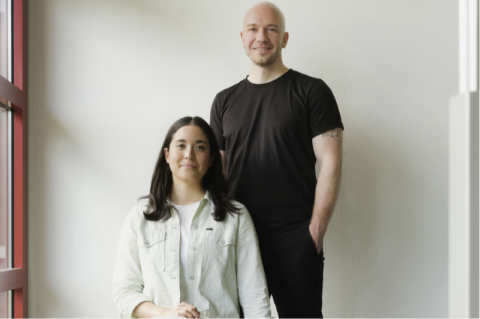

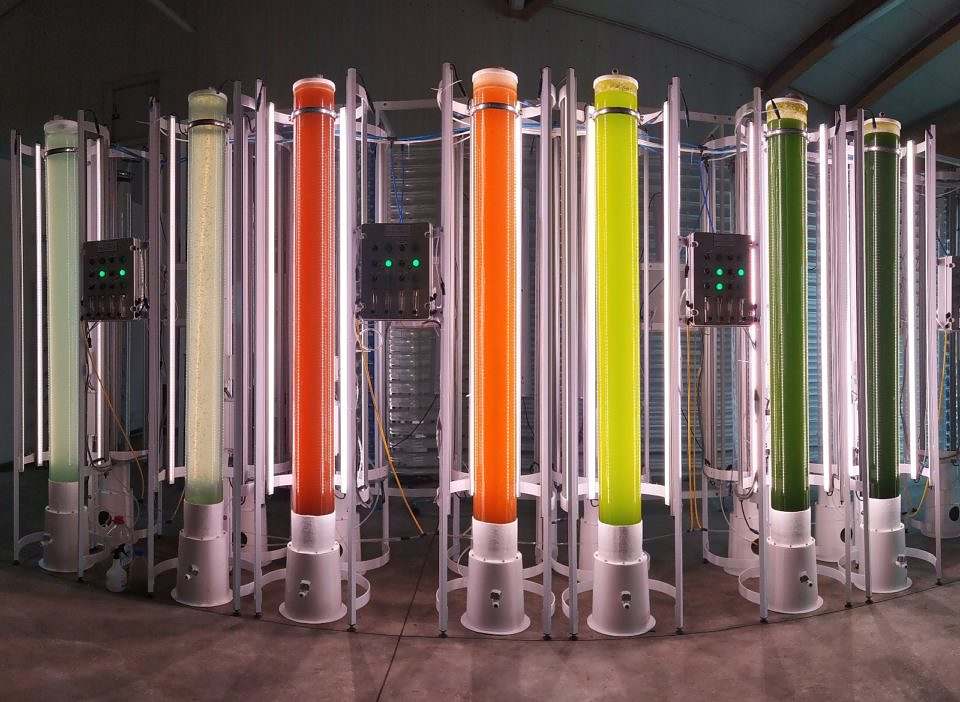
Plastic use is still on the rise and it is not just clogging oceans, it is also burdening municipal recycling systems around the globe. Plastic packaging makes up 40% of total plastic waste, with 22% of that waste evading waste management systems altogether, leaking into and harming both land and marine environments. Unfortunately, there is not much improvement in sight yet, as plastic production is expected to double in the next 15 years.
Challenges for manufacturers are also growing. New Extended Producer Responsibility laws are making brands and manufacturers bear some responsibility for their products’ afterlife. The EU has indicated an expansion of the Single-Use Plastics Directive to further plastic categories. Corporations now have quickly to adapt to new consumer demand and regulatory pressure. However, scaling sustainable product development for packaging alternatives is difficult and usually very expensive, as the technologies are not yet mature enough to be deployed at industrial scale.
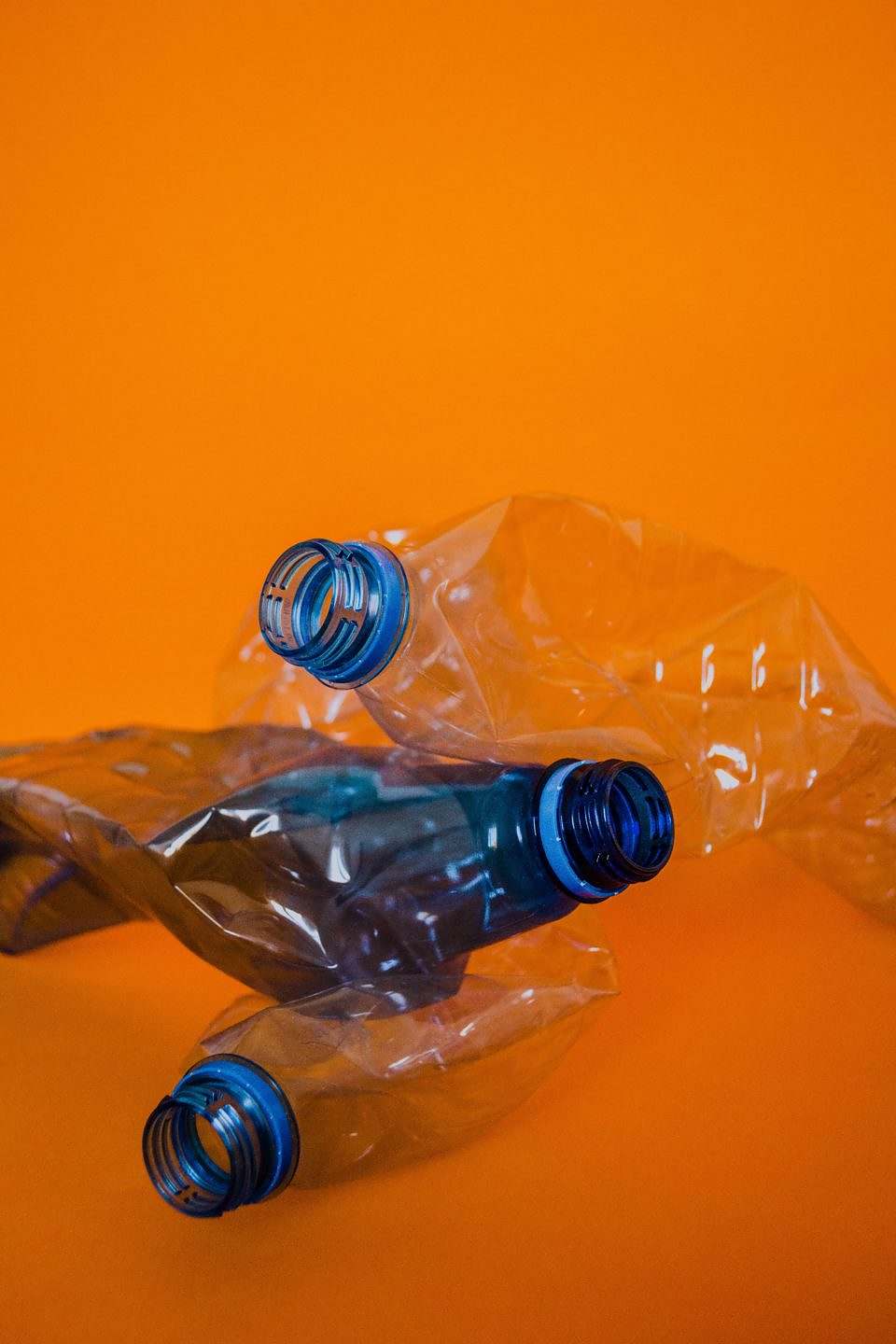
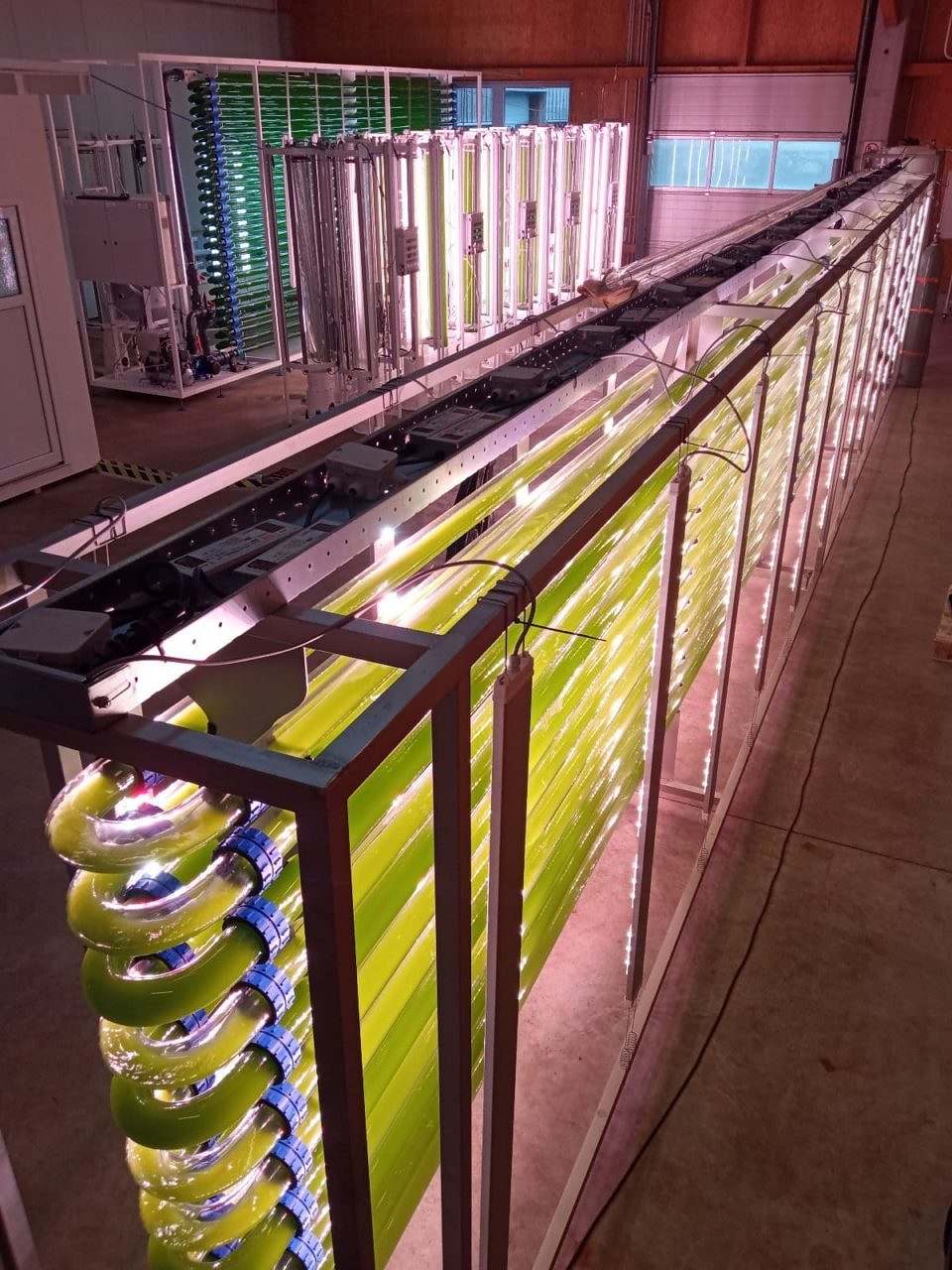
one • fıve (pronounced: one point five) redefines single-use plastics for packaging by discovering, developing and commercializing innovative solutions based on paper and novel bioplastics. The company doesn’t just target one specific solution; instead, one • fıve is building a materials-agnostic machine learning platform that discovers and assesses biomaterial innovations slumbering in research institutions. After the team transforms the most attractive solutions into tailor-made market-ready products, they drop them into existing consumer packaging value chains in order to create measurable, positive environmental impact.
one • fıve’s model is built on sourcing and developing biomaterials IP, transforming said IP into market-ready solutions, and licensing novel packaging solutions to stakeholders in the packaging supply chain, such as FMCG brands.
Researchers at one • fıve develop sustainable materials solutions in their own 5,000 m² R&D campus near Hamburg, Germany. The facility includes algae cultivation, processing, fermentation capacity, a laboratory, a prototype workshop, and testing facilities, giving them the necessary infrastructure to further develop these technologies from a previous proof of concept into a market-ready proof of scalability.
Fast-tracking sustainable packaging solutions
one • fıve tackles the problem of scalability by transforming material science inventions into market-ready solutions that are economically viable and meet the rising demand of conscious consumers.
A multiple shot approach that addresses corporates’ pain points like no one else in the market
one • fıve are the first to offer a fully-integrated augmented research and development approach for companies – including the necessary infrastructure. Furthermore, their platform model allows them to address multiple plastic packaging challenges at once, serving the needs of different industries at once and in record time.
A powerful team meets pioneering research – the perfect fit
one • fıve offers a strong and experienced interdisciplinary team of +30 members. The founders, Martin Weber and Claire Gusko, both have extensive experience in the green-tech industry from their previous stop at the urban farming startup Infarm. We have no doubt that together with their team they will systematically discover promising research and develop industry-leading results for the packaging industry.

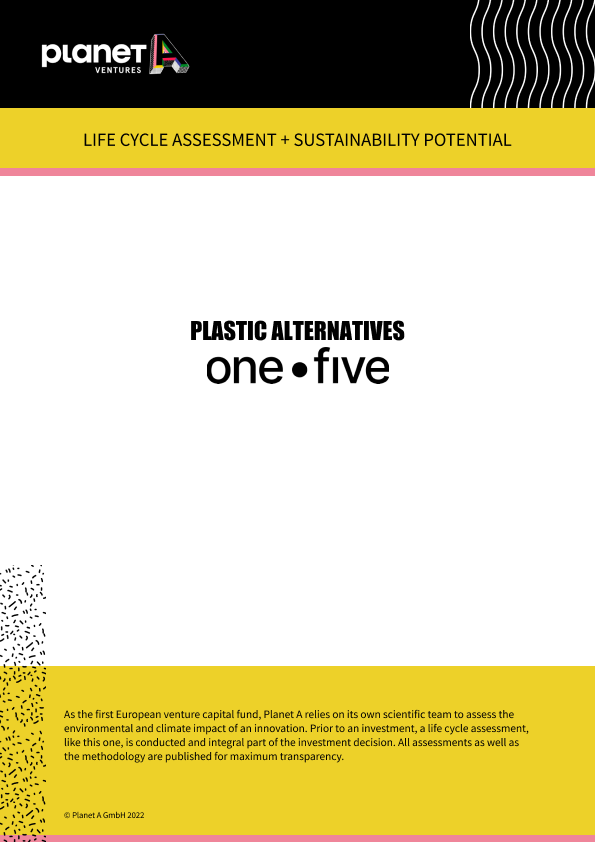
In the next few years, one • fıve will develop and promote a multitude of novel sustainable materials. Planet A has therefore calculated an exemplary simplified LCA of a paper-based alternative to a single-use PET-based composite sachet, which is under development by one • fıve. A staggering amount of 1 trillion of these plastic sachets are being produced annually worldwide.
The LCA shows a substantial impact reduction potential of the one • fıve packaging alternatives over the conventional solution. In an end-of-life recycling scenario, one • fıve has the potential to reduce about 37% in GHG emissions per functional unit. Taking only emissions from sachet production and raw material extraction into account, the one.five sachet reduces the negative environmental impacts in regards to abiotic resource demand, climate mitigation, water consumption as well as fossil energy demand at least by 75 %.